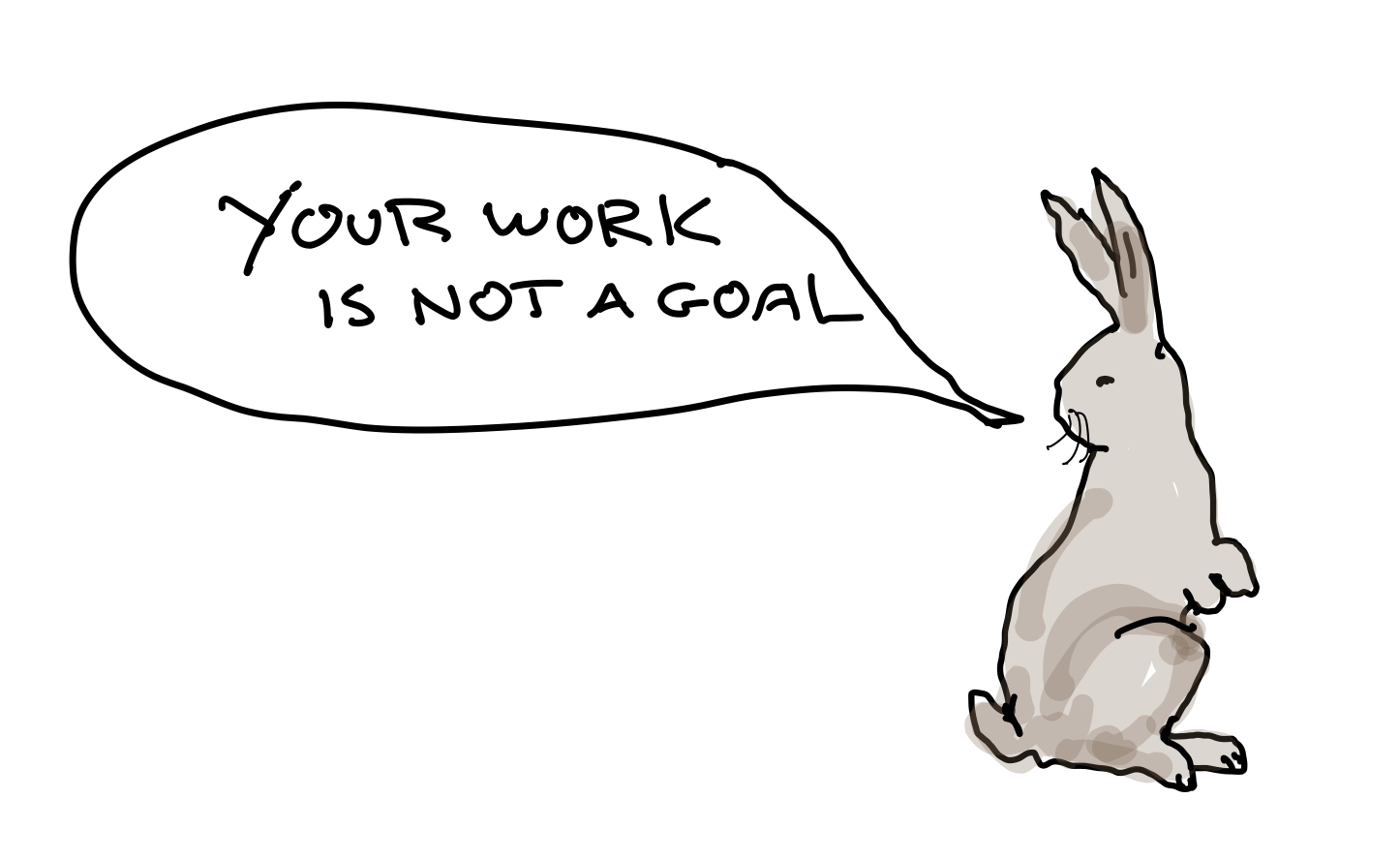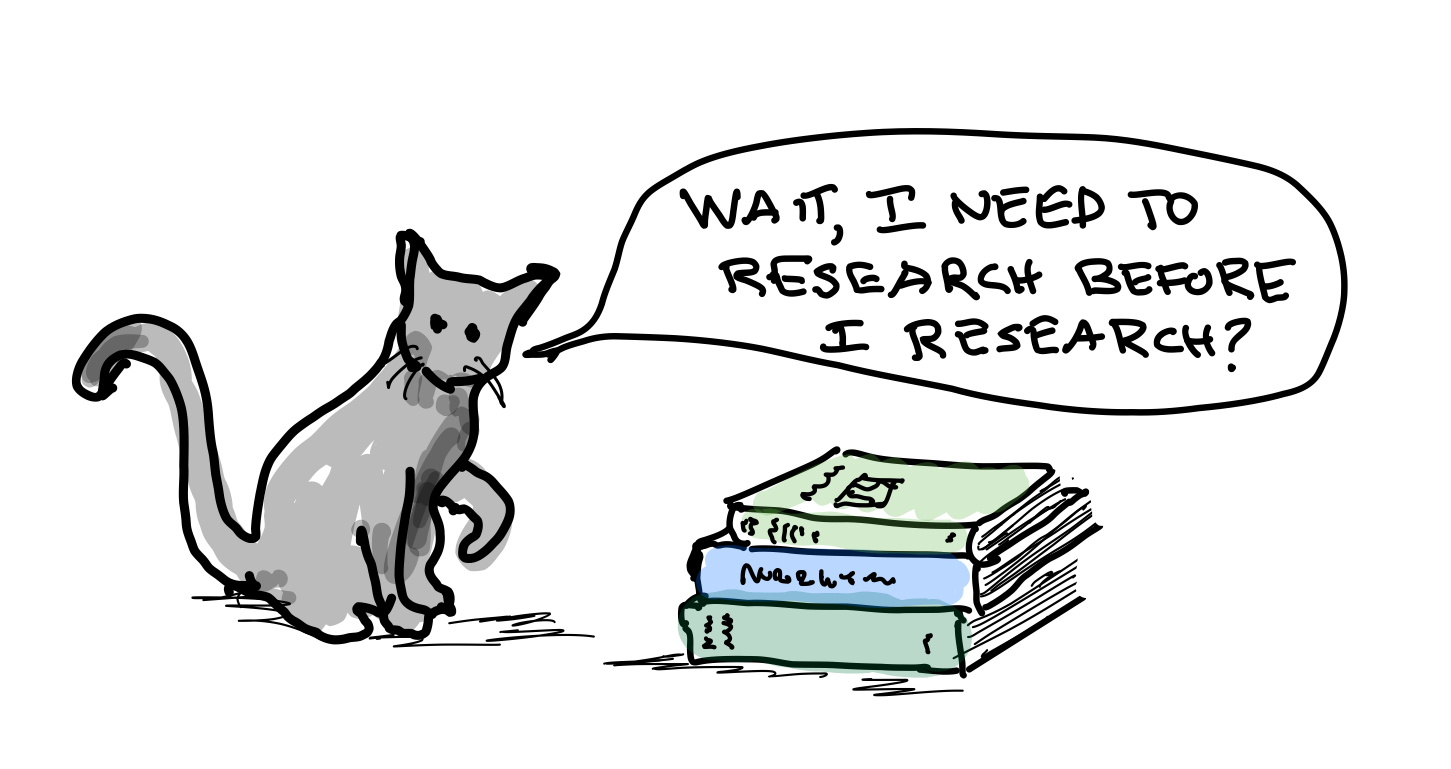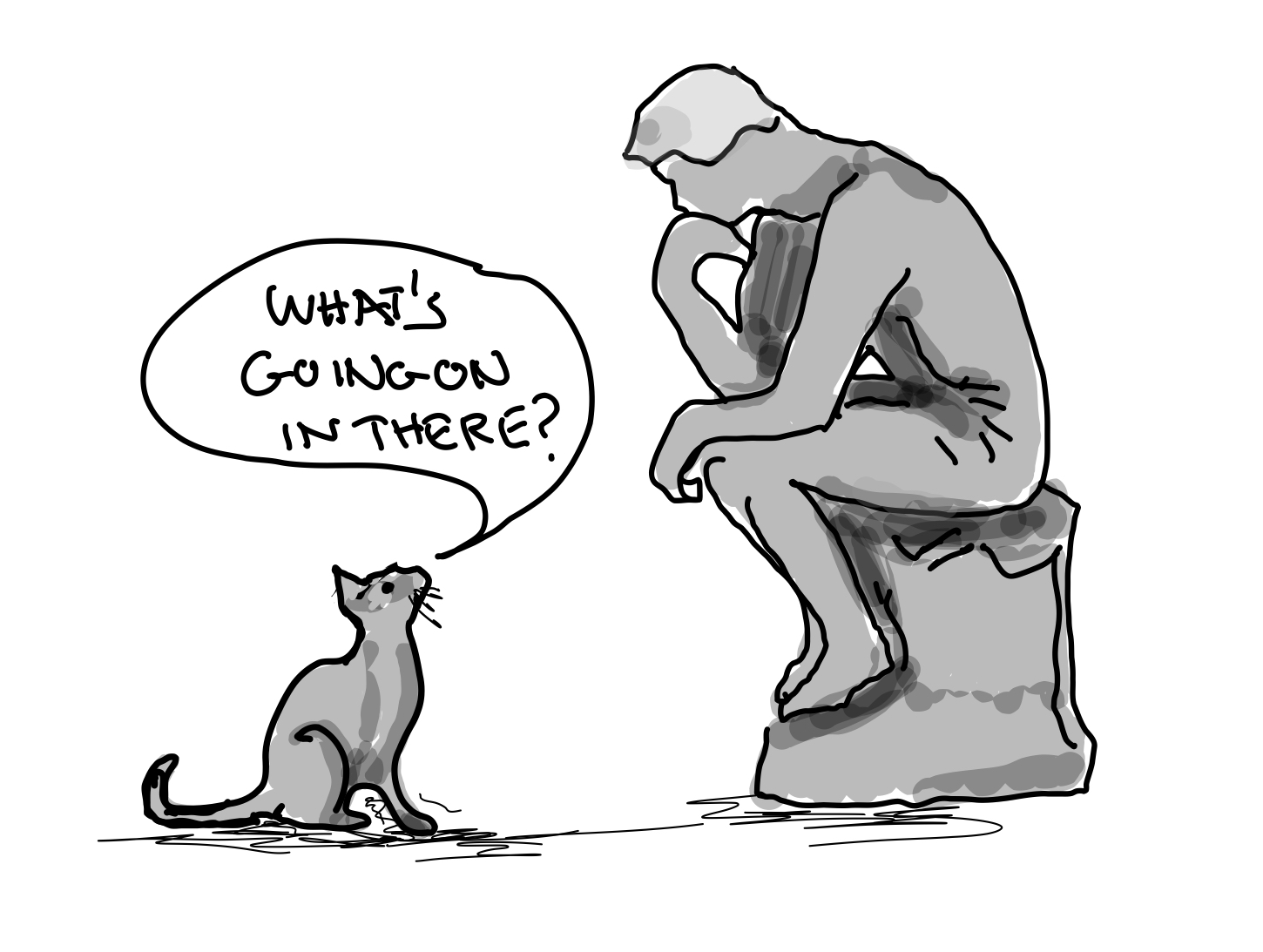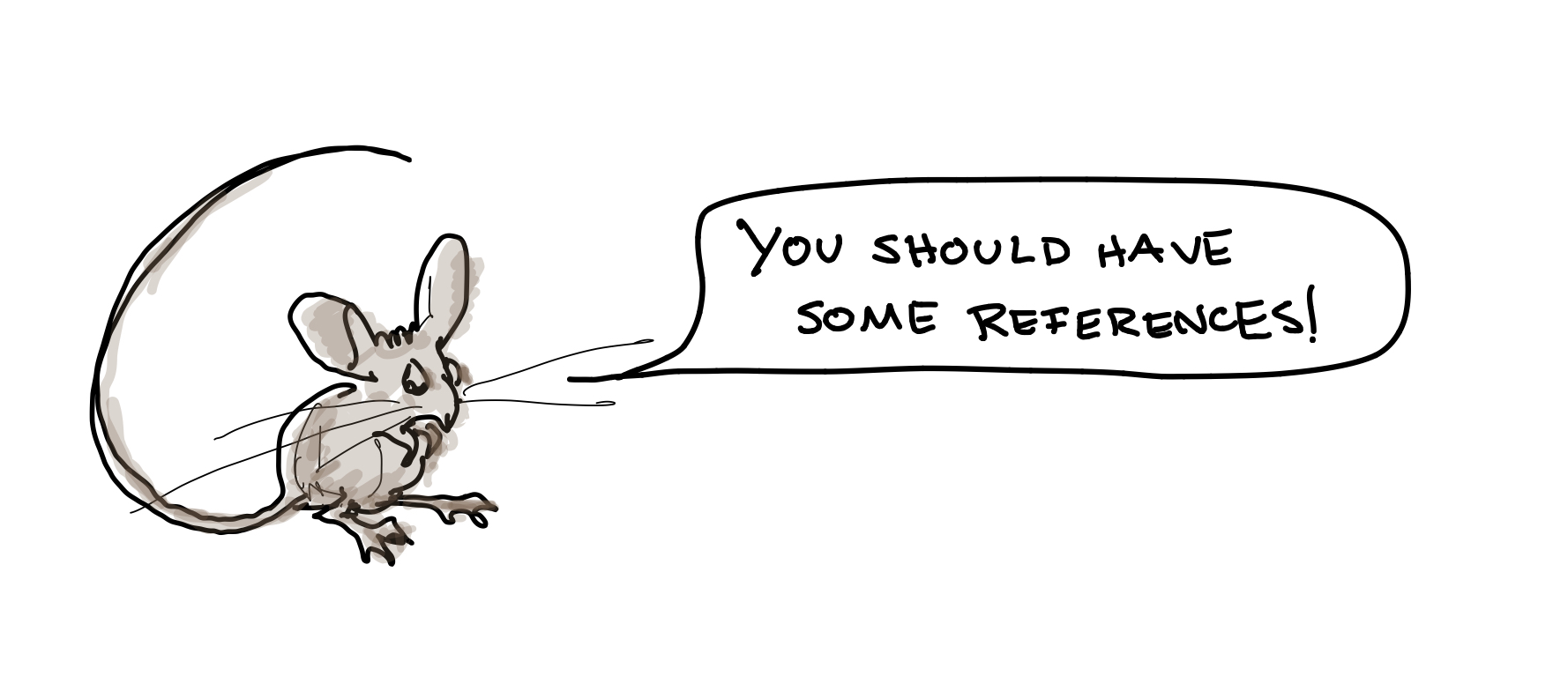Some undergraduate research experiences may just fall in your lap (if you are just flat-out hired by a faculty mentor). Some may require an application process as if they were an “internship.” But if you’re lucky you may get to write a full research proposal. That may seem harder, but it’s a hugely useful preparation for any kind of grant writing you may have to do later in life. The best advice is always to follow the instructions in the proposal guidelines closely. Don’t forget a part, and don’t assume that your readers will know that you have covered something if you bury it in a general discussion. Be methodical and use lots of subheadings; this is not the beautiful essay you usually write.
Your proposal guidelines may ask for anything, but here are the most likely topics and how you can think about them. If your proposal asks for an abstract, please see our guide to writing an abstract.
Proposed Work/Goal
What is the goal of the project and why is achieving this goal important?
The goal of your project is not the same as the work you will do. That is, research and creative activity are not themselves the goal. Ask yourself what your scholarship or creative activity will contribute to human thought. If your goal includes a formal outcome such as an essay, a draft of a novel, or a collection of poems, you can mention this here (though you should make it the center of the section on Outcomes). But make sure you focus on the intellectual or creative achievement.
Bad: “My goal is to study Oscar Wilde.”
Good: “I want to determine how much (and what kind) of an impact Oscar Wilde had on the public’s awareness of homosexuality in his lifetime.”
Bad: My goal is to create some oil paintings about the environment.
Good: My goal is to expose our society’s implicit anthropocentrism through a series of paintings that reverse our traditional perspectives on Nature.
Don’t forget to explain why your goal is important. It may seem obvious to you, but if you can’t put the importance into words, the chances are that others may not understand. Sometimes you will hear people use the word “stakes” when talking about importance. What is at stake in the success of your project?
Background/Introduction
How does this project fit into work that has already been done by you or/and others?
This is your chance to show that you have already thought about and (usually) have done some reading on your topic. Even if you’ve only read a teeny bit, you should do your best to show that you understand where the work you’ll do fits into the kind of things others have said or created. If you’ve already done a lot of work on the project, you should explain what scholars and artists have already achieved and what remains to be done. Resist the temptation to treat “background,” like an excuse for irrelevant and general discussion of a topic. The background for a project is like the exposition in a novel or movie — it sets up exactly what we need to know to make sense of what is to come. 
Methods
What is the strategy for completing this project?
If your project is a creative one, you should emphasize your strategy for creative inquiry. Creative projects do not have to involve reading or writing, but that doesn’t mean they lack methods, or that their methods are limited to the practical steps of creating art. Developing ideas for the project is part of the method. If your project is scholarly, you should emphasize the reading and research you’ll do. Be as specific as you can. Even if you feel that you’ve already done lots of reading and what you want to do is mainly write, you should emphasize the way that your writing will depend on your scholarship. Most organizations will not fund projects that involve “writing up” research already completed. But since few projects in the humanities separate research and writing so rigorously, it’s usually not hard to explain how your research methods are the main part of the project. If your project is creative, you might feel that the methods are self-explanatory, but that’s only true for other artists. And for some areas, like writing poetry, the creative process can seem entirely opaque and mysterious to outsiders. Narrate your creative process. 
Outcomes
What do you wish to gain from this experience?
It’s worthwhile to explain how you personally will gain from the experience and how it will contribute to your intellectual development, but most organizations also want to see formal outcomes such as anticipated presentations, publication, etc. If you are required to be working toward a thesis, or if you are required to present at a campus-wide celebration of research, make sure you include those as outcome (don’t assume that your readers will fill in the “automatic” stuff) What if you’re not sure what outcomes are? Then think about this. If your project is as important as you say, then you should think about what would demonstrate that you have succeeded. If you are in the arts, you have a slightly easier job because your creations are your outcomes, but you should be as specific as possible. What exactly are you expecting to create? Don’t be afraid to specify numbers — no grant is going to “fire” you if you produce slightly more or slightly less than you planned.
Timeline
What is the timeframe for completing this project?
If, as is likely, your project involves lots of reading, writing, or creative activity, you may feel a little frustrated with a detailed timeline. But this is the place to show those reading your proposal that your goals are achievable in the timeframe and that you have smaller goals along the way. Think about how you and your advisors will know that you are on track, that you are proceeding at the right pace, etc. Then write it down.
References
Use the MLA or Chicago format.

Check out these other guides from CURAH:
- How to write an abstract
- How to make a poster
- A list of regional and national conferences where you can present your work


This is a great article to share with undergraduates — thanks!
“What is the strategy for completing this project?
If your project is a creative one, you can emphasize your strategy for creating, though you may want to explain how some reading will be a part of your development of the project. If your project is scholarly, you should emphasize the reading and research you’ll do. ..” This article (blog?) is very good and it will be exceptionally useful for today’s undergraduates in the arts, but it seems to preclude “research” that does not involve reading and writing. “Arts-Based Research” is still an unfamiliar concept to many at the faculty level, and it would be helpful to include creative research that involves observation, experience and practice. Several years ago when I first began to introduce the idea of UR to my studio colleagues, I heard comments such as “ok, I’ll make my painting students write a paper….” This is a fantastic resource, and including additional types of “research” will make a lot of sense to BFA students.